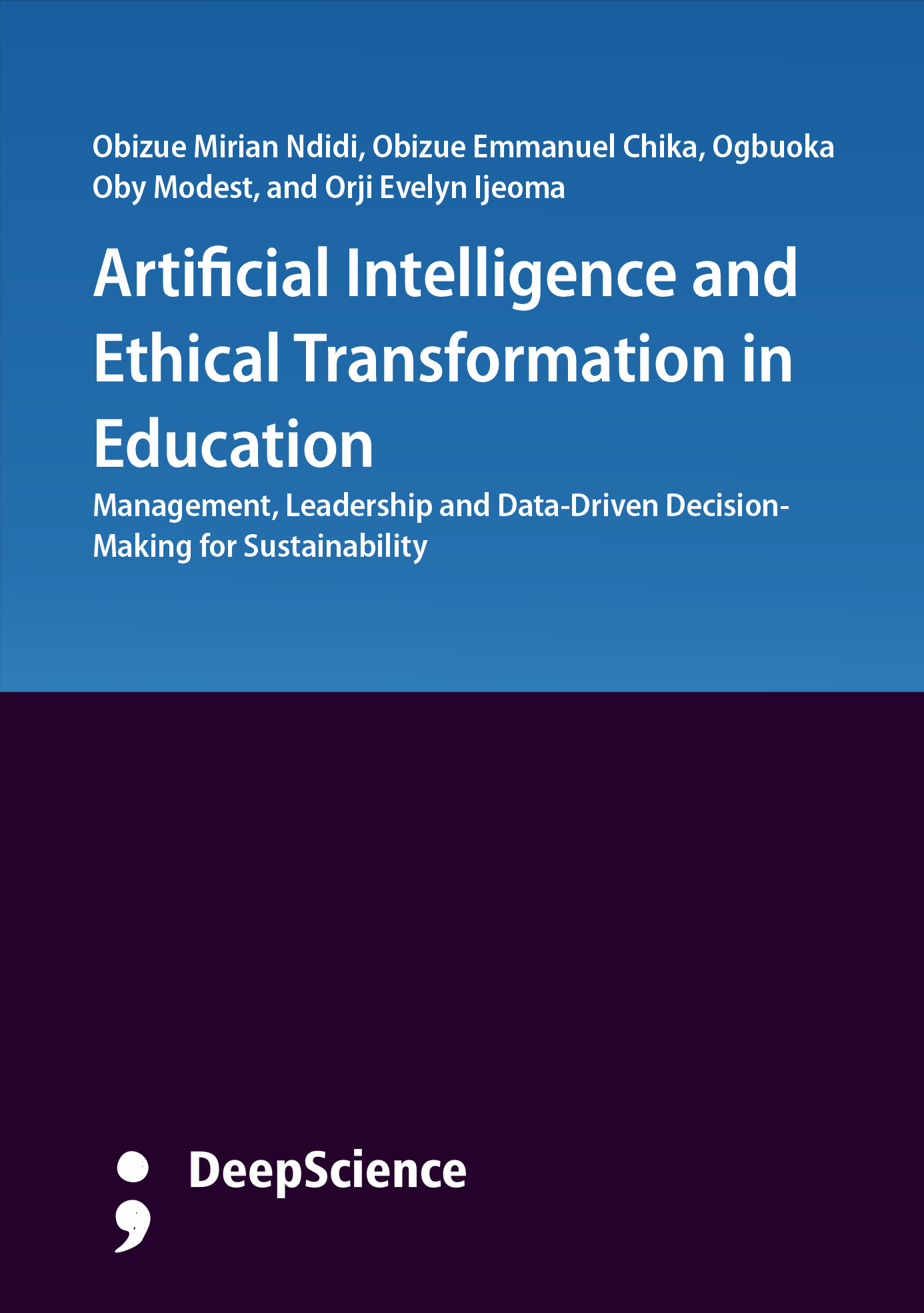Reflection on AI and Impact on Cognitive Development: Implications for Sustainable Education
Synopsis
There are many concerns regarding the implementation of artificial intelligence into the educational system, one being how it will affect students’ cognitive development and whether or not it will be able to sustainably improve the educational process. Many experts have expressed fear that artificial intelligence could lead to a loss of human intelligence and alter the way teachers teach and students learn. The purpose of this chapter is to examine the relationship between artificial intelligence and cognitive development and how it relates to sustainable education. With artificial intelligence becoming an integral part of the educational system, it is important to evaluate the effects that it may have on students' ability to think critically, solve problems and be creative. This chapter utilizes two theoretical frameworks, Howard Gardner’s theory of multiple intelligences (1999) and John Sweller’s Cognitive Load Theory (1988), to provide the basis for the theoretical examination of the relationship between artificial intelligence and cognitive development. The literature review used in this research utilized a combination of sources from academic journals, academic conferences and reports. The purpose of this chapter is to explore the complex inter-relationship between artificial intelligence, cognition and learning. The chapter will first look at the state of artificial intelligence in education today and then look at the applications of artificial intelligence in education, specifically in personalized learning, intelligent tutoring systems and assessments. The potential positive impacts of artificial intelligence in education, such as improved learning outcomes, increased student engagement, more efficient use of resources, and greater access to quality education, will also be discussed. However, the author will also discuss the need to consider the negative impacts of artificial intelligence on cognitive development and the negative impacts of relying too heavily on artificial intelligence, such as reduced human interaction and the potential for biased decision making through artificial intelligence. The chapter will further analyze the implications of artificial intelligence for sustainable education (SDG4), with an emphasis on the areas of equity, accessibility, and environmental sustainability. Additionally, this chapter will present an analysis of several case studies and examples of AI-infused educational systems, to demonstrate best practices and challenges related to creating a sustainable education environment. The ethical implications of using artificial intelligence in education, such as bias, transparency and accountability will also be analyzed. Finally, the chapter will conclude with a framework that outlines how to utilize the potential of artificial intelligence in education while reducing the negative impacts. The author emphasizes the importance of taking a human-centered approach to utilizing artificial intelligence, and that all aspects of the educational process should emphasize the development of cognitive abilities, creativity and critical thinking. The framework emphasizes the need to train teachers to effectively integrate artificial intelligence into the classroom, to develop curricula that promote deep learning, and to develop assessment methods that measure cognitive development. Ultimately, the goal of this research is to help educators develop a comprehensive understanding of how artificial intelligence can positively impact students' cognitive development and the educational process, so they can create a more equitable, effective, and sustainable education system that produces students that are capable of adapting to an AI driven society without having to rely on artificial intelligence to do so.













